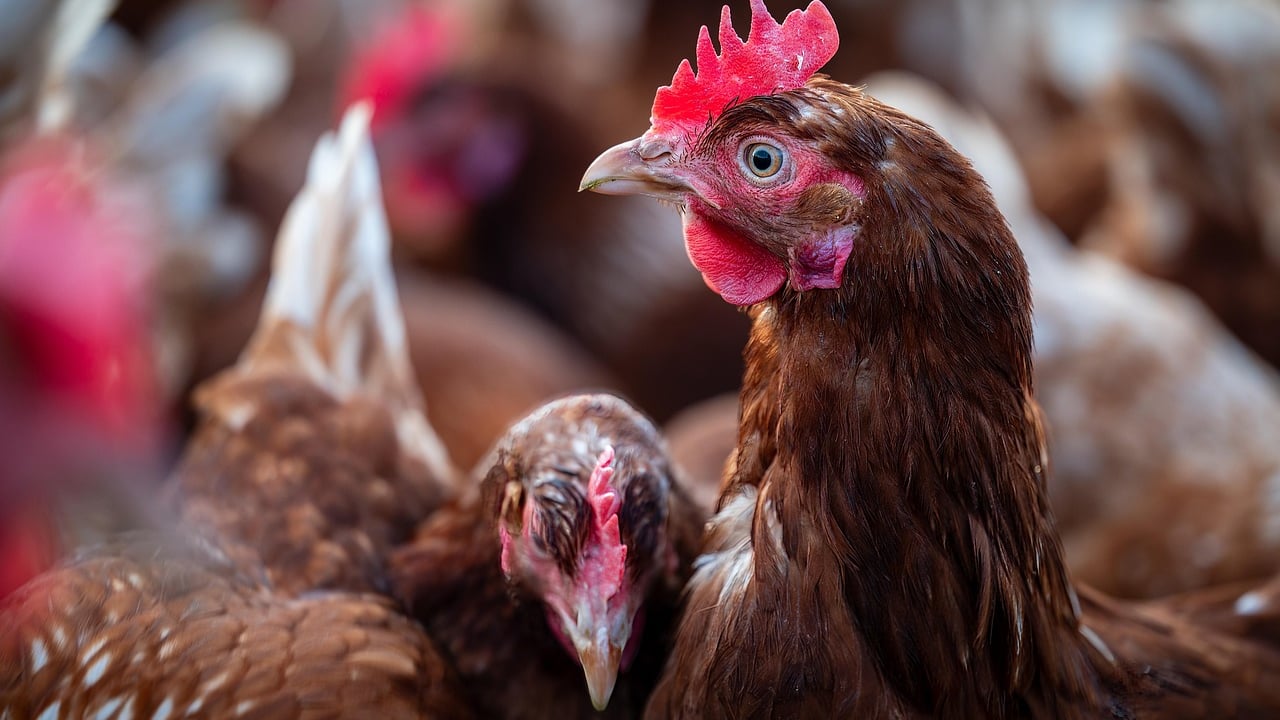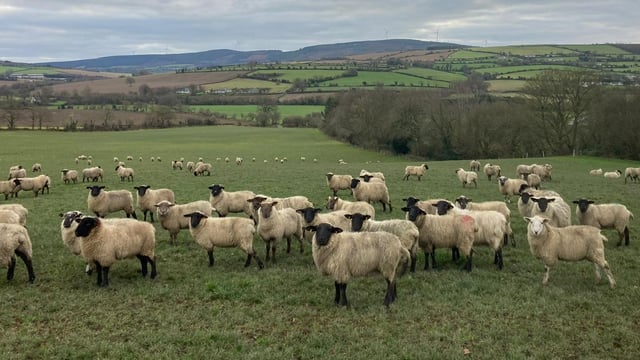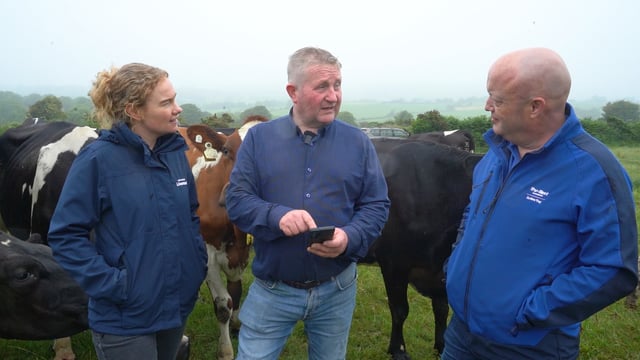Global coordinated response needed on bird flu - FAO
The Food and Agriculture Organisation of the United Nations (FAO) has called for "stepped up action" due to the spread of H5N1 highly pathogenic avian influenza (bird flu).
In a briefing to member countries today (Monday, March 17), the FAO said the disease has resulted in the losses of hundreds of millions of poultry worldwide, with increased spillover into mammals.
This highlights the "urgent need for strengthened biosecurity, monitoring and surveillance, rapid-response mechanisms, and risk communication to safeguard the poultry sector and protect livelihoods and economies", the organisation said.
FAO deputy director-general, Godfrey Magwenzi described the spread of the disease as "unprecedented".
He said the situation is “leading to serious impacts on food security and food supply in countries, including loss of valuable nutrition, rural jobs and income, shocks to local economies, and of course increasing costs to consumers".
The briefing heard that bird flu poses complex challenges including how to protect poultry production systems to ensure food security of the millions of people who rely on poultry for meat and eggs.
Magwenzi said that additional challenges revolve around safeguarding biodiversity, livelihoods and safe trade, and preventing social impacts.
Beth Bechdol, FAO deputy director-general, described bird flu as a transboundary issue requiring a global, coordinated response.
“FAO has been on the front lines of tackling this virus for over 20 years – supporting governments in detecting, preventing, and responding to outbreaks.
"To strengthen these efforts, FAO and the World Organisation for Animal Health (WOAH) have launched a ten-year Global Strategy for the Prevention and Control of High Pathogenicity Avian Influenza," she said.
“A chain is only as strong as its weakest link. By working together, we can reduce the impact of avian influenza and protect both animal and human health – locally and globally,” Bechdol added.
Over the past four years, there has been a major shift in terms of the geographical spread of the disease leading to massive losses in domestic birds, impacting food security and driving up prices for poultry products.
The disease is also harming biodiversity with at least 300 newly affected wild bird species since 2021, the meeting heard.
The FAO called on countries to take several measures to address the global bird flu challenge, including:
- Enhance surveillance and reporting;
- Improve laboratory capacity;
- Develop and implement preparedness plans and plan for business continuity;
- Promote risk management through biosecurity;
- Consider a potential role for vaccination in risk mitigation;
- Strengthen outbreak response;
- Foster regional and international cooperation;
- Raise awareness
“FAO remains fully committed to global monitoring, sharing information, and providing guidance and tools to support all our member countries tackle this serious threat," Bechdol said.
She also emphasised that the private sector is playing a crucial role in ensuring safe and responsible value chains, developing new technologies for vaccines and diagnostics, and providing good quality animal health services.
The meeting also included a third call for funding proposals for initiatives to be undertaken by the Pandemic Fund, with which FAO has co-led dozens of projects in the last two years.
These projects aim to improve disease surveillance, develop early warning systems, strengthen health infrastructure, and promote cooperation across human, animal, plant and environmental health sectors.





